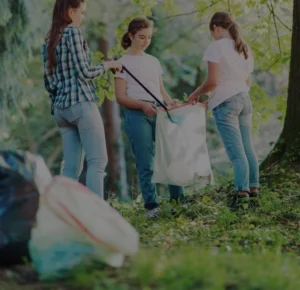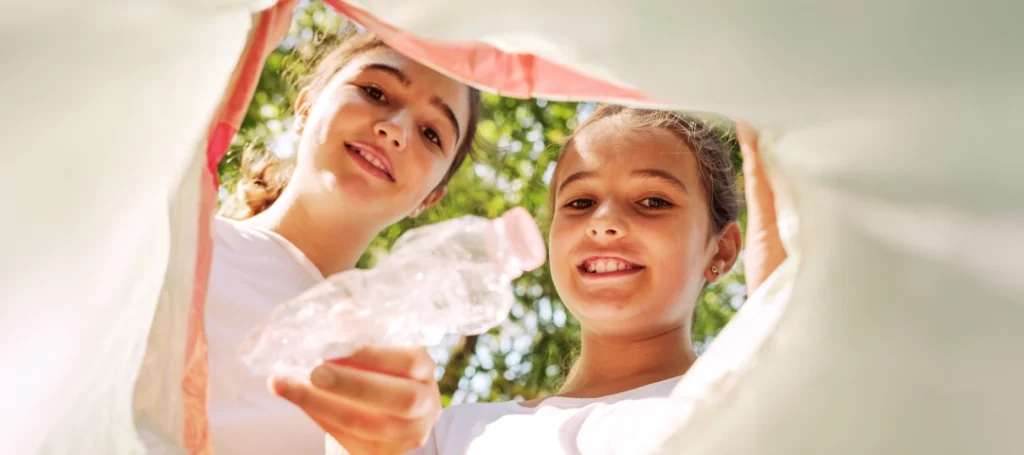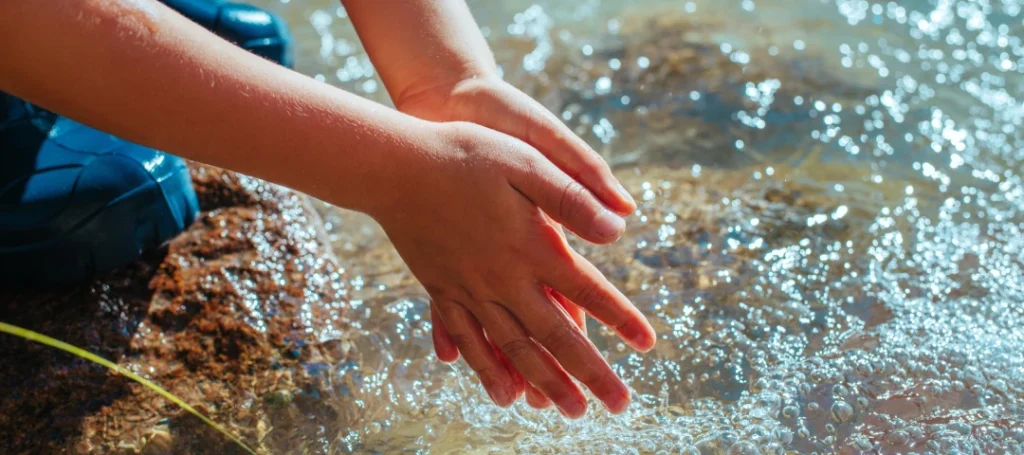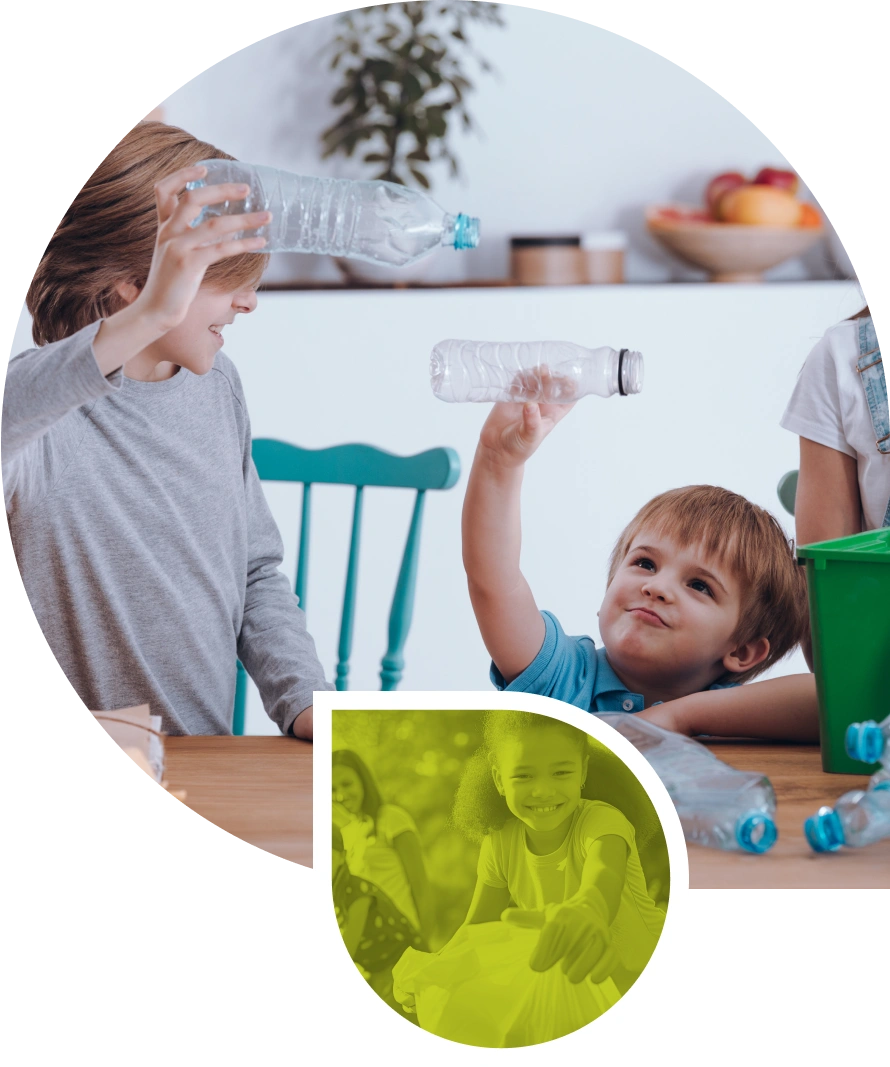
What we offer
Self-paced learning in any setting
Keep Austin Beautiful believes that education and awareness about our environment and community continues even outside of school.
That’s why our team has adapted our education programming to accommodate out-of-school settings, multi-age levels, and group sizes to provide fun and engaging activities for every student and adult to enjoy.
Here, you will find a collection of free resources available for you to use in your own space and with your own materials.
Interested in a different topic? Request one of our Activity Kits!
Self-led learning activities and lessons
TEKS-aligned curriculum and outdoor activities
These lessons are TEKS-aligned and have been adapted specifically for you to engage your youth – no matter where they are!
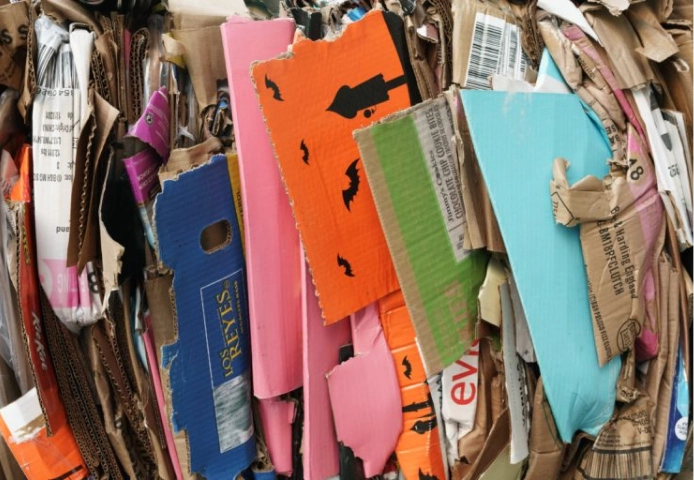
Ready to Recycle
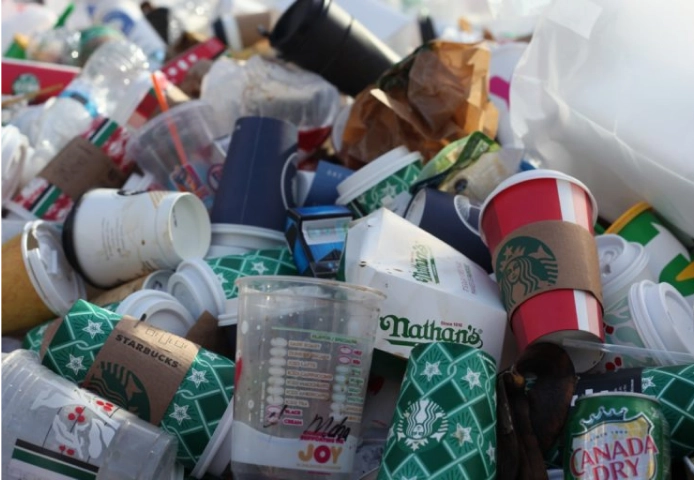
waste by numbers
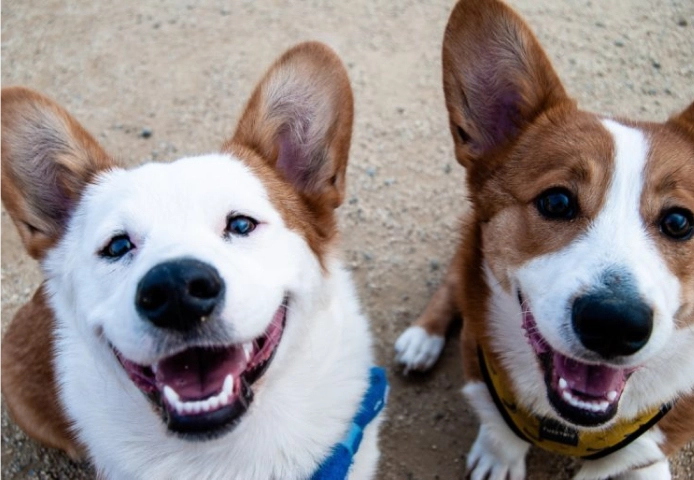
upcycled dog toys
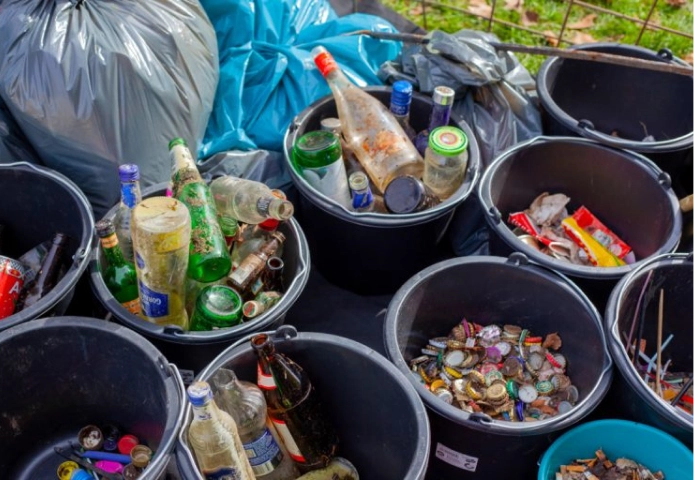
recycle relay
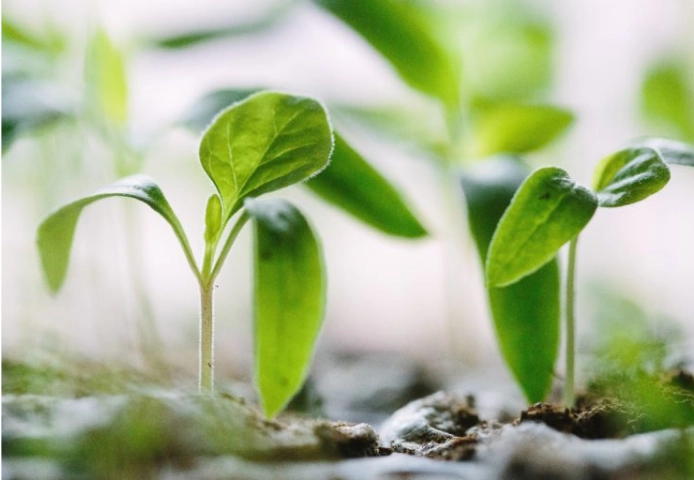
upcycled planters
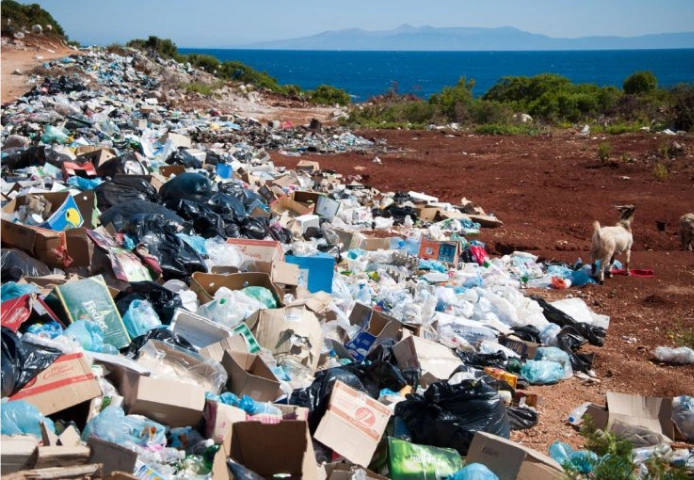
landfill logic
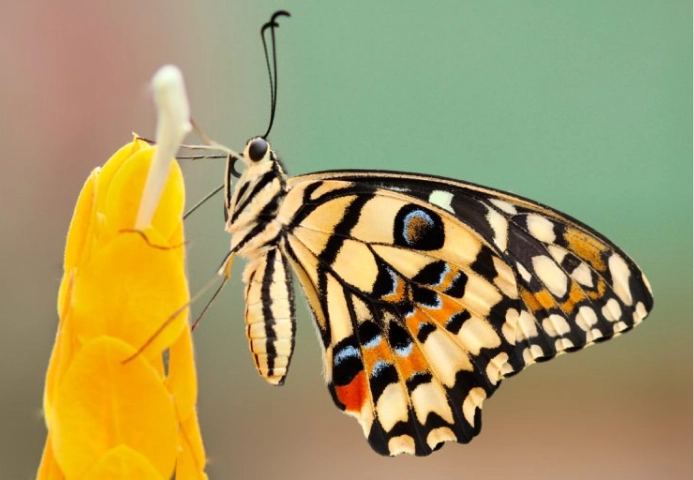
outdoor adventure
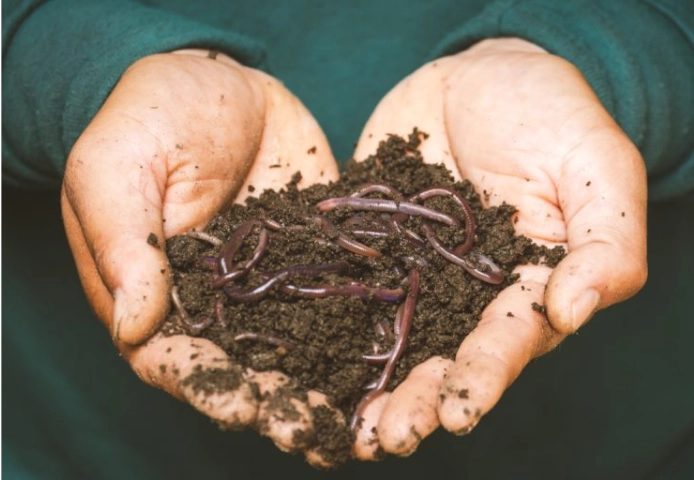
compost critters
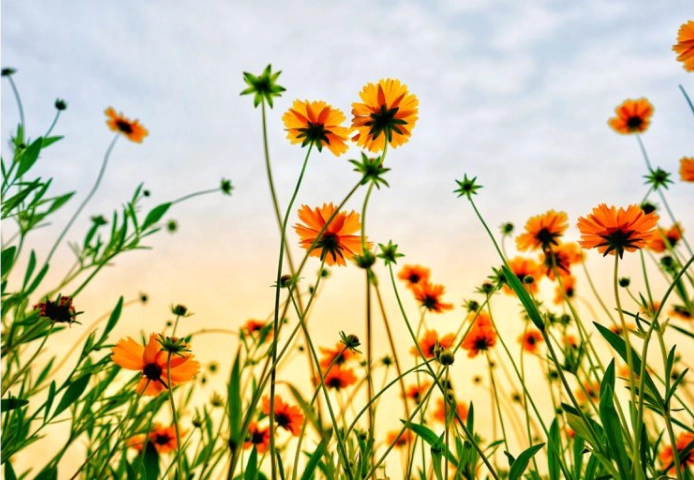
biodiversity quadrat
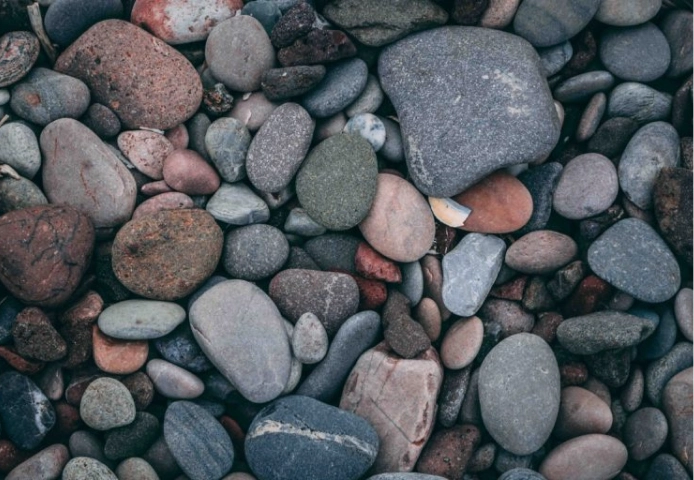
loose parts
Interactive videos
Learn along with us as we explore how we can all become a Zero Waste Champion!
Digital toolkits
For educators and parents looking to expand their library of environmental resources and activities, we have digital toolkits that combine technology and outdoor learning.
Recommended apps
Below is a list of apps that you can use to explore the world around you! If there are any applications that you have found to be awesome in the classroom that are not on this list please let us know.
Plant and Animal Identification
- iNaturalist – Record your outdoor observations, share with fellow naturalists, and discuss your findings
- PlantSnap – Snap pictures and identify local plants and flowers
- Audubon Bird Guide – Go birdwatching with a trusty field guide of more than 800 species of North American fowl
Sustainability
- Austin Recycles Game – Learn about the City of Austin’s waste diversion program by sorting waste in this gaming app
- Litterati – Identify and map the litter around you
- Miniwalla and the Forest Story – A book-style app that weaves together stories of animals, the environment, and personal development
- Bin the Trash Recycling Game – Complete puzzles and activities focused on recycling
Ecology
- Texas Invasives – Become a citizen scientist by submitting invasive species observations directly into the Texasinvasives.org statewide database from your mobile device
- Science Journal – Catalog all of your unique sights, sounds, and observations in nature
- Night Sky App – Identify stars, planets, and constellations
Education in and outside of the classroom
Even more ways to learn about our environment
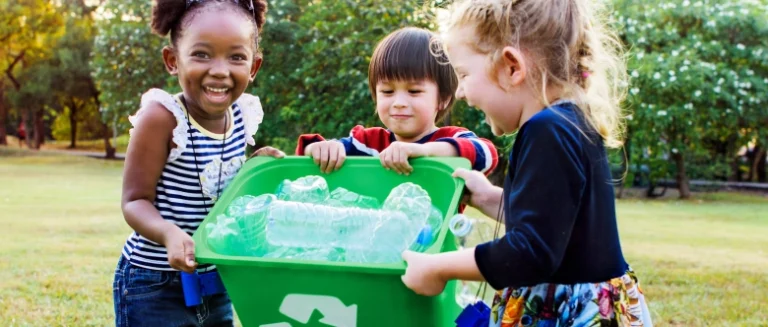

Summer Programming
Activities to beat the heat
Sign up your summer camp or program today for a series of free, engaging activities that center around litter, reuse, recycling, and composting.
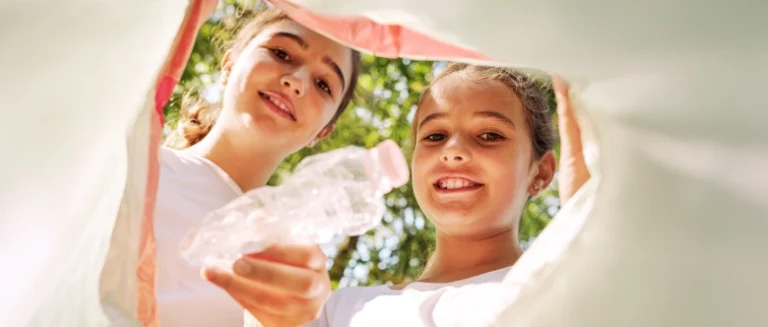

Generation Zero
Recycling and composting
Partnering with Austin Resource Recovery to engage youth in hands-on activities and projects to raise awareness about recycling, composting, and conservation.
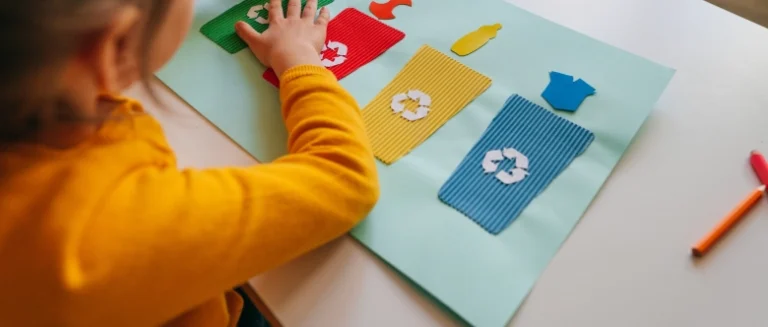

Activity Kits
Hands-on learning
Activity Kits provide everything needed for an engaging learning session. Topics offered include urban ecology, recycling, composting, and the natural environment.

